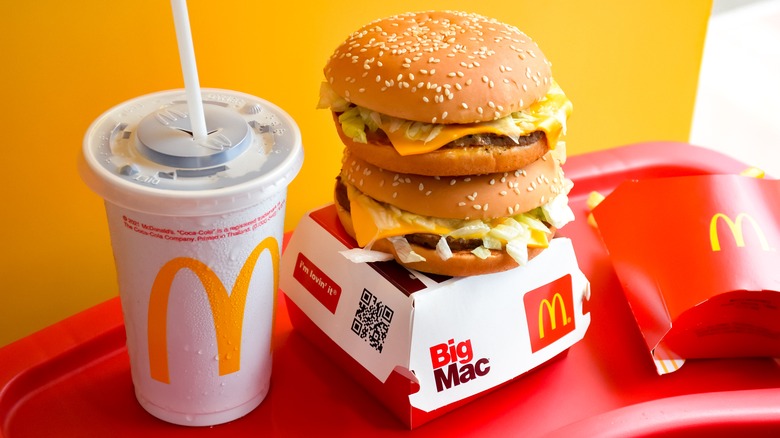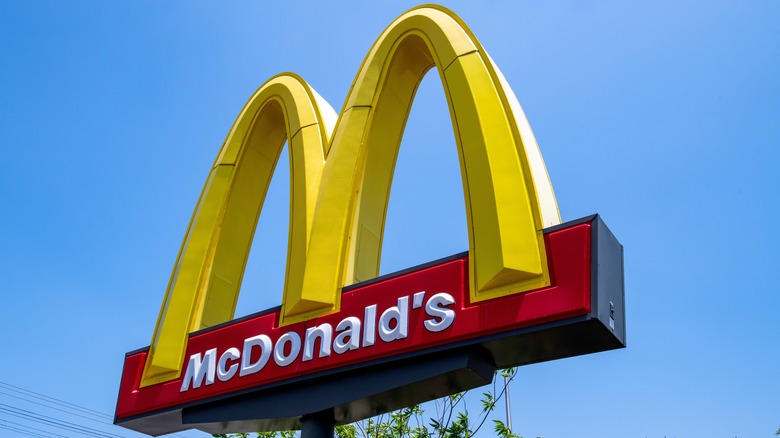Why McDonald's Is Suing Major Beef Suppliers
As reported by Reuters, McDonald's has filed a lawsuit against several meat-processing companies based on allegations of widespread price fixing. According to the court filing, defendants include Tyson Foods, National Beef Packing, Cargill, and several others. As explained in the suit, McDonald's is accusing the companies of intentionally limiting the availability of beef to drive up prices, a practice that the fast food giant alleges has been taking place since 2015. The lawsuit states that select meat-packing companies supplied roughly 80% of the 25 million pounds of beef procured by U.S. buyers in 2018, which, if true, shows the sway these companies hold over the marketplace.
McDonald's is no stranger to lawsuits directed at the chain for injuries caused by its food's extreme temperatures, but this time, the restaurant is on the other side of the bench. Additionally, the meat-packing companies named in the McDonald's suit have been sued for the same reason in the past. As reported by Western Livestock Journal, Gordon Food Service, Target, and others filed suit against four meat-processing companies based on accusations of price fixing.
The lawsuit alleges that meat packers colluded to boost prices
Some have claimed that McDonald's burgers are so tasty because of the chain's insistence on flash-freezing its 100% beef patties to retain freshness. Despite the restaurant's quality, the skyrocketing price of McDonald's burgers has frustrated consumers over the years, and the chain's lawsuit could partially explain why prices at the restaurant have increased. As for the exact charges leveled at the meat-packing businesses named in the lawsuit, McDonald's cited violations of the Sherman Act.
Enacted in 1890, the Sherman Anti-Trust Act prohibits businesses from conspiring together to control market prices. As reported by Courthouse News Service, witness testimony confirmed that the defendants named in the anti-trust suits entered into a collective agreement that entailed decreased purchases, which resulted in a shortage of beef. This shortage led to "supracompetitive prices," meaning that prices are artificially higher than they would be in a normal competitive market. Per Reuters, McDonald's hopes the suit can end price-fixing practices, and the chain is also seeking damages for anti-trust violations.

